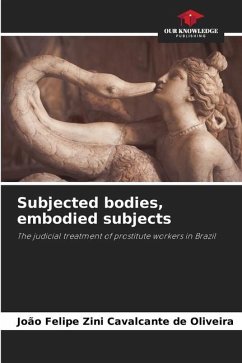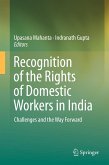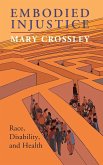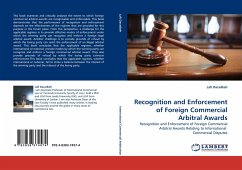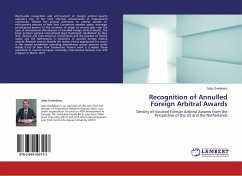This brief paper seeks to discuss how prostitution is treated by the law, especially labor law. To this end, it discusses the stigmatizing factor of prostitution and how these workers are seen by a large part of society as lesser humans, whose lives are not mourned when they are lost. This reality can still be seen in the Brazilian judiciary, where decisions of a moralistic nature and condemnations of prostitutes prevail, which was demonstrated in this work with extensive jurisprudential research based on the analysis of 906 judgments from all the Brazilian TRTs. The results showed that sex workers are still treated by Brazilian law as lesser beings, disgusting, criminals and even as a criterion for unhealthiness. In this way, the category of subject of law proves to be segregating, viewing prostitutes as strangers and, through mechanisms of dehumanization (corroborated by the judiciary), these people are denied any and all rights.
Bitte wählen Sie Ihr Anliegen aus.
Rechnungen
Retourenschein anfordern
Bestellstatus
Storno

